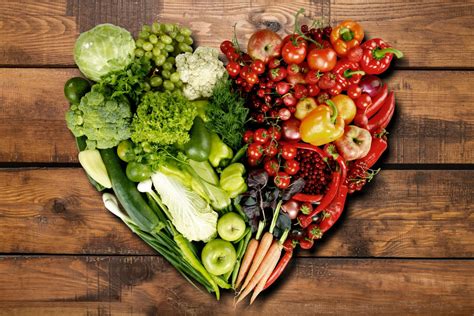Which specific vitamins and minerals are most crucial for men to support healthy testosterone production?
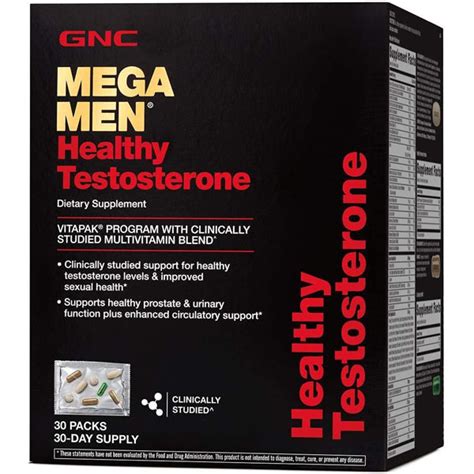
Understanding Testosterone and Its Nutritional Needs
Testosterone, the primary male sex hormone, is vital for more than just libido and muscle mass. It influences energy levels, mood, bone density, and red blood cell production. As men age, testosterone levels can naturally decline, but various lifestyle factors, including nutrition, significantly impact its production and balance. While no single food or supplement is a magic bullet, certain vitamins and minerals are indispensable for maintaining optimal hormonal health.
Focusing on a diet rich in these key micronutrients can provide the foundational support your body needs to produce testosterone efficiently and effectively.
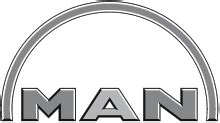
Zinc: The Cornerstone Mineral
Zinc is arguably one of the most critical minerals for male reproductive health. It is involved in over 300 enzymatic reactions in the body, including those related to hormone production. Studies have shown that even a mild zinc deficiency can lead to a significant drop in testosterone levels, while supplementation in deficient individuals can restore them.
How it helps: Zinc plays a direct role in the synthesis of testosterone and helps prevent its conversion into estrogen by inhibiting the aromatase enzyme.
Dietary Sources: Oysters (exceptionally high), red meat, poultry, beans, nuts (cashews, almonds), whole grains, and dairy products.
Vitamin D: The Sunshine Hormone
Often referred to as a hormone rather than just a vitamin, Vitamin D is synthesized in the skin upon exposure to sunlight. Its receptors are found in almost every cell, including those in the testes responsible for testosterone production. Research indicates a strong correlation between adequate Vitamin D levels and higher testosterone levels.
How it helps: Vitamin D influences gene expression that impacts testosterone synthesis and may also help reduce sex hormone-binding globulin (SHBG), thereby increasing free (bioavailable) testosterone.
Dietary Sources: Fatty fish (salmon, mackerel, tuna), cod liver oil, fortified dairy products, fortified cereals, and egg yolks. Sun exposure remains the most potent natural source.
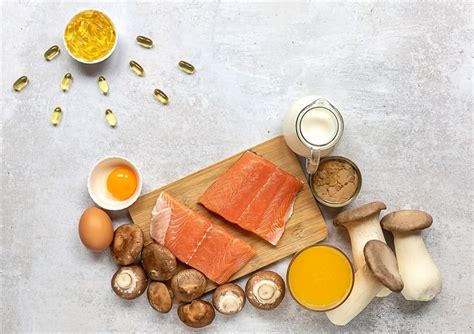
Magnesium: The Master Mineral for Muscle and Hormones
Magnesium is an essential mineral involved in over 300 enzymatic reactions, many of which are crucial for energy production, muscle function, and nerve health. Its role in testosterone production is multifaceted.
How it helps: Magnesium increases free and total testosterone by reducing SHBG, which binds to testosterone and makes it unavailable to the body. It also contributes to better sleep quality, a key factor in natural testosterone production.
Dietary Sources: Leafy green vegetables (spinach, kale), nuts (almonds, cashews), seeds (pumpkin, chia), legumes, whole grains, and dark chocolate.
Boron: The Less-Known Testosterone Booster
While not as widely recognized as zinc or vitamin D, boron has shown promising effects on testosterone levels in some studies. It’s a trace mineral found in many plant-based foods.
How it helps: Boron may increase free testosterone levels by reducing SHBG and could potentially lower estrogen levels. It also appears to play a role in Vitamin D absorption and magnesium metabolism.
Dietary Sources: Apples, pears, grapes, prunes, raisins, almonds, walnuts, chickpeas, and avocados.
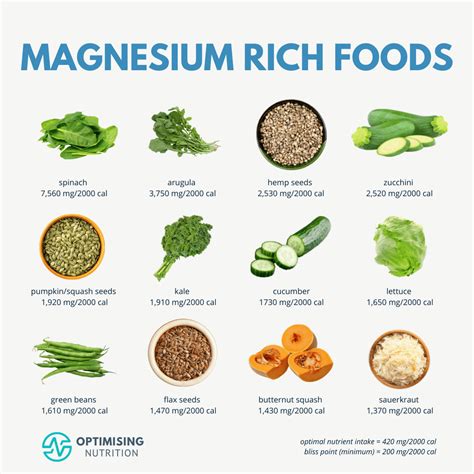
Vitamin B6: Hormonal Harmony Helper
Vitamin B6, or pyridoxine, is part of the B-complex family and plays a crucial role in numerous metabolic processes, including hormone regulation. While not directly involved in testosterone synthesis like zinc or vitamin D, its indirect effects are significant.
How it helps: Vitamin B6 helps regulate prolactin, a hormone that, when elevated, can suppress testosterone production. It also assists in the absorption of zinc and magnesium, indirectly supporting testosterone.
Dietary Sources: Poultry, fish (tuna, salmon), potatoes, bananas, fortified cereals, and chickpeas.
A Holistic Approach to Testosterone Support
While these specific vitamins and minerals are crucial, it’s important to remember that they work synergistically within the context of a healthy lifestyle. A balanced diet rich in whole foods, adequate sleep, regular exercise (especially strength training), stress management, and maintaining a healthy body weight are all fundamental to supporting natural testosterone production.

Consulting with a healthcare professional before starting any new supplement regimen is always recommended, especially if you have underlying health conditions or are taking other medications. A blood test can determine your current nutrient levels and identify any deficiencies that might be impacting your testosterone.
Conclusion
Optimizing testosterone levels through nutrition is an accessible and powerful strategy for men seeking to improve their overall health and vitality. By prioritizing foods rich in Zinc, Vitamin D, Magnesium, Boron, and Vitamin B6, you provide your body with the essential building blocks and regulatory compounds needed for robust hormonal health. Combine this nutritional focus with a healthy lifestyle, and you set a strong foundation for maintaining healthy testosterone production throughout your life.
